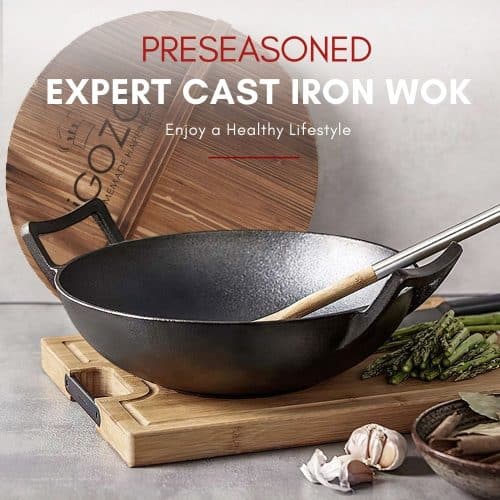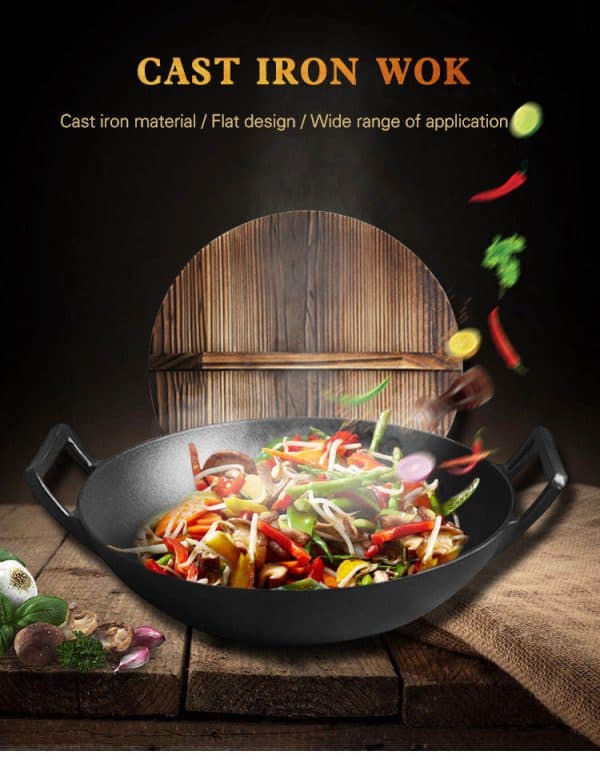In the realm of culinary tradition, few items are as essential as cast iron cookware. Renowned for its durability, versatility, and ability to impart unparalleled flavor to dishes, cast iron has been a kitchen staple worldwide for centuries. From searing steaks to baking cornbread, this timeless material has earned its place as a cherished tool among home cooks and professional chefs alike. In this blog, we explore the myriad uses and benefits of cast iron cookware, uncovering the secrets behind its enduring popularity and offering tips for maximizing its potential in your kitchen endeavors.
What is Cast Iron?
Cast iron is an iron-carbon alloy with over 2% carbon content. Its utility comes from its relatively low melting point and its various forms.
- White cast iron: Contains carbide impurities that encourage straight crack propagation.
- Grey cast iron: Features graphite flakes that deflect cracks and create new ones upon fracture.
- Ductile cast iron: Characterized by spherical graphite nodules that impede crack advancement.
The primary alloying elements of cast iron include carbon (1.8 to 4 wt%) and silicon (1-3 wt%). In contrast, steel denotes iron alloys with lower carbon content.

Benefits of Cast Iron
Cast iron pans offer remarkable strength and durability, capable of lasting for multiple generations with proper maintenance. Their ability to retain heat consistently sets them apart from thinner alternatives like aluminum, making them perfect for dishes requiring prolonged exposure to high temperatures. Moreover, as cast iron pans are used more frequently, they develop a seasoned surface, enhancing their performance and versatility over time.

Is it safe to use cast iron?
Some worry that using cast iron pans could introduce iron into food, posing health risks due to its pro-oxidant properties. However, the iron transfer during cooking is minimal, particularly with seasoned pans. Unless you have specific health concerns like hemochromatosis, cast iron cookware is generally a versatile and safe choice.
Conclusion
Cast iron cookware stands as a testament to longevity and reliability in the kitchen. Its robust construction and exceptional heat retention make it an indispensable tool for cooking a wide range of dishes, from searing steaks to baking cornbread. The natural seasoning that develops with each use enhances its non-stick properties, simplifying cooking and cleaning alike. While some concerns exist regarding iron leaching into food, the minimal transfer makes cast iron cookware safe for most individuals. Embrace the heritage of cast iron and elevate your cooking experience with this timeless kitchen essential.




